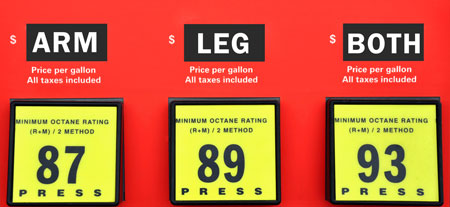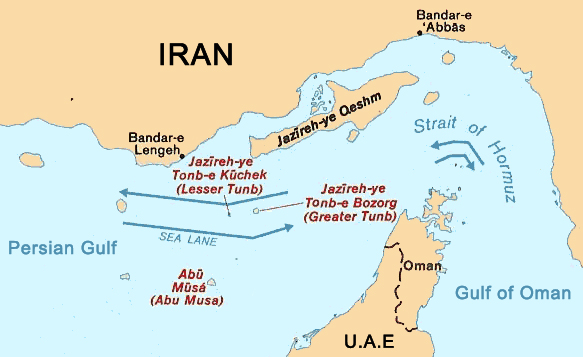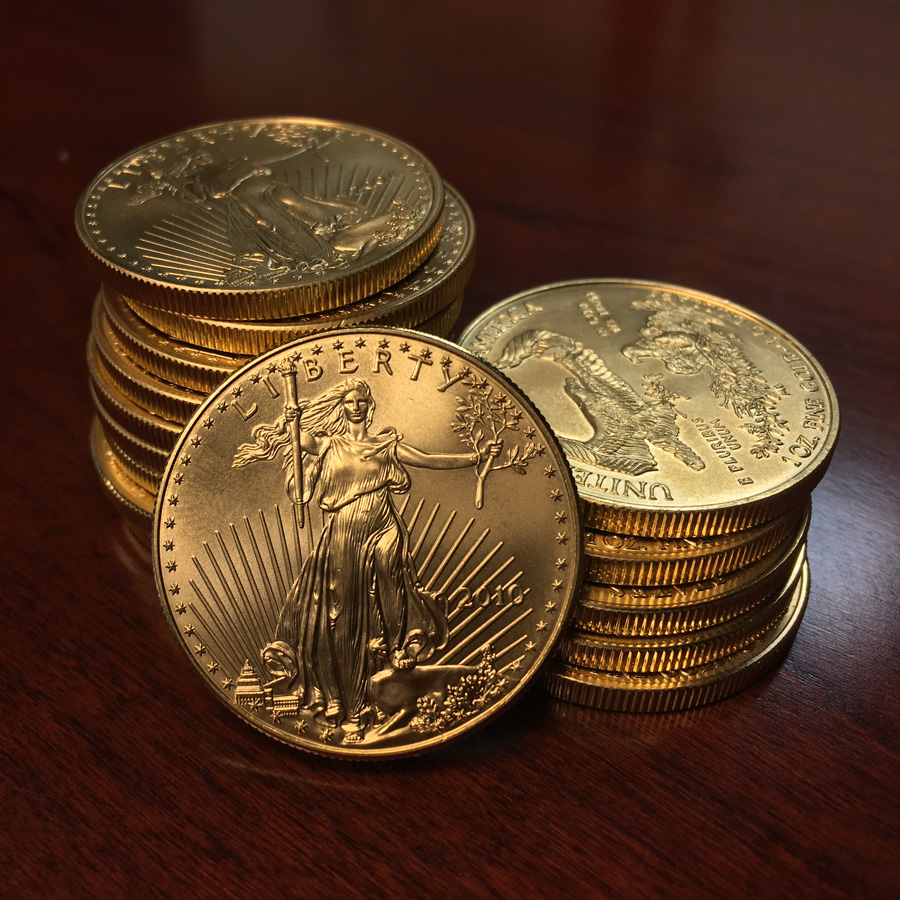
Temperature Rising in the Persian Gulf

The U.S. confrontation with Iran continues to escalate
It is still mostly a war of words, but we are inching closer to something else. The risk of an incident, even an accident, is rising. A military engagement of any sort in the shipping lanes of the Persian Gulf is all it would take to kick start a powerful surge in the price of gold.
The US has announced that it will no longer provide waivers to countries not in compliance with its sanctions on Iranian oil importers. Secretary of State Mike Pompeo confirmed that the US intends to “zero out” Iran’s exports, “Iran’s principal source of revenue.”
Calling the American restrictions on Iran “sanctions” soft pedals what is really an act of war: a blockade. The objective is to prevent Iran from exporting oil and to shut down its access to international markets and financial clearinghouses. It is designed to be a complete blockade of both Iranian oil and commerce, one every bit as effective as a military blockade.
Gas and Gold Prices Could Rise with an Iranian Conflict
Gas prices in California just hit a five-year high. If the Iranian situation continues to heat up, gas prices could get a lot worse.

Although other Persian Gulf states have promised to hike their oil production to offset the loss of Iranian oil to the world market, Iran’s response to Pompeo was a quick pivot to the Strait of Hormuz shipping lanes.
It is not enough for more oil to be pumped to make up for the loss to the world market of production Iran will be prevented from selling. Oil must be moved as well.
Which is why Iran said if it is prevented from using the shipping lanes, it will act militarily to close the Strait of Hormuz.
It is normally in Iran’s interest to see the shipping lanes open. But there is no telling what Iran will do in extremis. The threat to shut down the passageway is the only defense Iran has to any kind of attack.
The Strait of Hormuz is a sea-lane between Iran and the Arabian Peninsula. It links the otherwise landlocked Persian Gulf with the Gulf of Oman and the Arabian Sea, providing access to the world’s oceans.

Twenty-one miles wide at its narrowest, the waterway is a critical choke point.
The Strait accounts for nearly 20% of global oil trade, with Iran, Iraq, Kuwait, Saudi Arabia, Qatar, and the United Arab Emirates all relying on the Strait to ship their oil. Most of these shipments have Asian destinations: Japan, India, China, and South Korea.
Now, imagine you run a powerful company that owns and operates supertankers that sail through the Persian Gulf. If hostilities break out and the Strait of Hormuz is shut down – even for a day – will you authorize your ships to sail in those waters?
Imagine you insure oil tankers. You will have very strict terms to suspend coverage for a company foolish enough to ship in the waterways of warfare.
Either way, the flow of oil is interrupted. Geopolitical alliances begin to shift as countries weigh their self-interest and seek advantage from an international incident. Of course, oil prices explode.
As does the price of gold.

Those with long memories will note the role the Iranian Revolution in 1979 and the taking of 52 American hostages played in the skyrocketing price of gold. Today Iran has a high profile in gold’s action once again.
The war of words with Iran can’t continue to escalate forever. When temperatures rise, things boil over.
NOTE: So far this year, any pullback of gold below $1,300 has been a favorable opportunity to add to your holdings.

